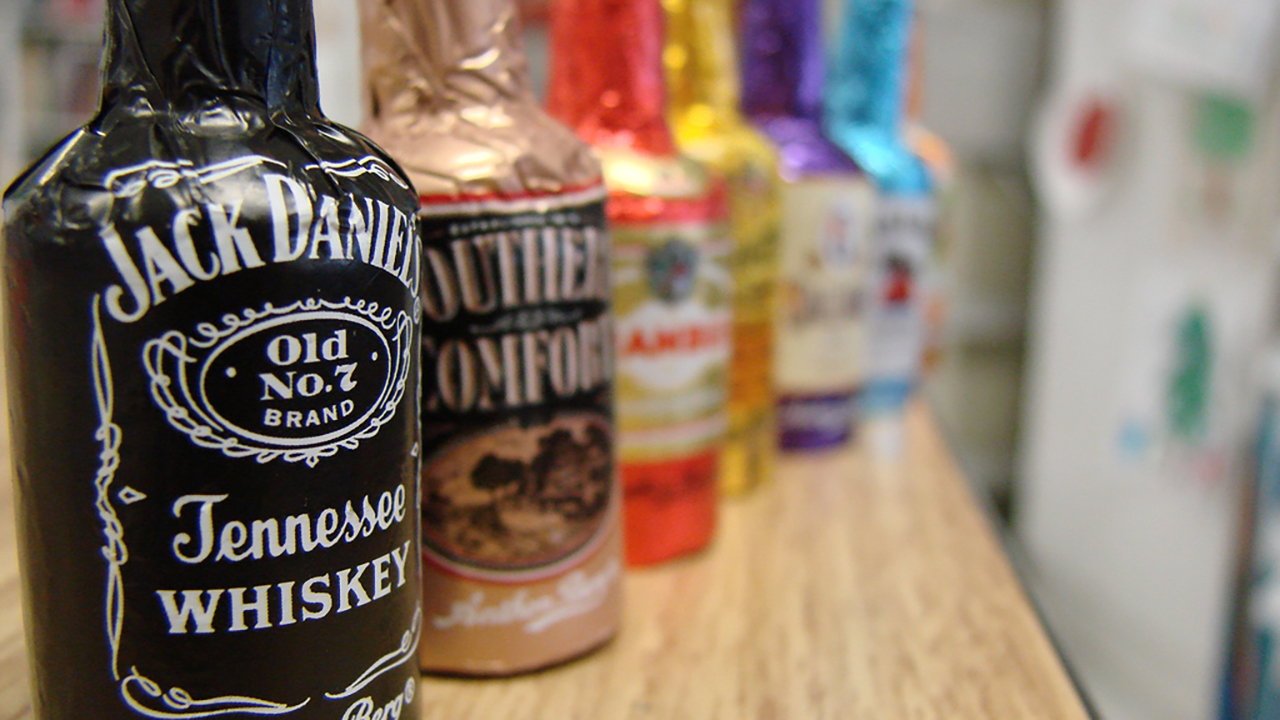Researchers at Duke University have identified neurological patterns that may predict if young people will drink heavily as a response to stress.
In the studies, researchers used MRIs to measure brain activity in the the ventral striatum, which processes rewards, and the amygdala, which assesses threats. According to a press release, researchers observed that “having both an overactive ventral striatum and an underactive amygdala was associated with problem drinking in response to stress,” indicating impulsive reward-seeking, threat-ignoring behavior. The inverse – low ventral striatum and high amygdala activity – also predicted binge drinking in response to stress. This combination indicates low mood and higher sensitivity to stress, so these people drink as a coping mechanism.
“We now have these two distinct profiles of risk that, in general, reflect imbalance in the function of typically complementary brain areas,” said Ahmad Hariri, professor of psychology and neuroscience at Duke University and the study’s primary author. “If you have high activity in both areas, no problem. If you have low activity in both areas, no problem. It’s when they’re out of whack that individuals may have problems with drinking.”
In other words, alcohol is an effective stress treatment for anyone who’s not perfectly balanced. Got it.
(Photo: Dawn Ellner)


